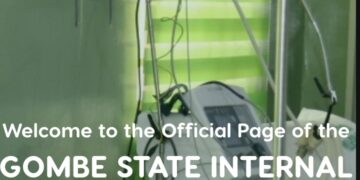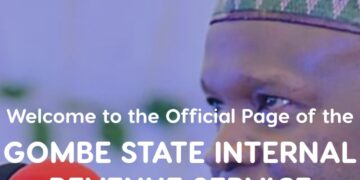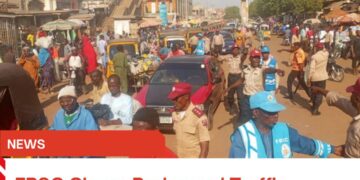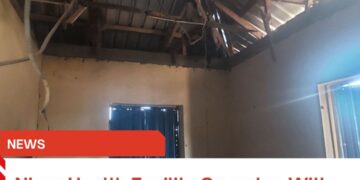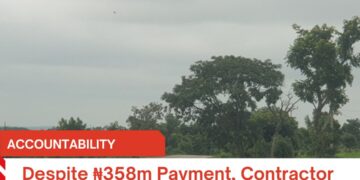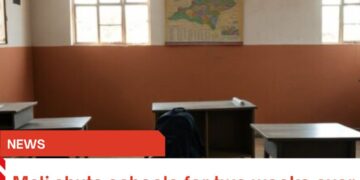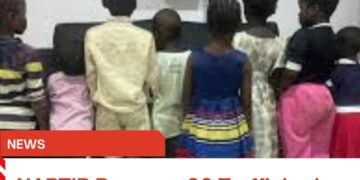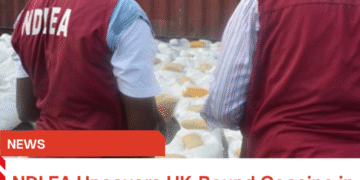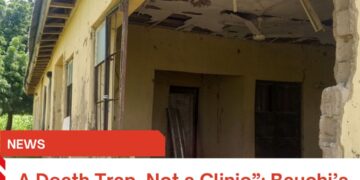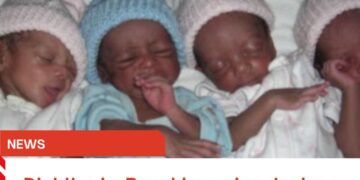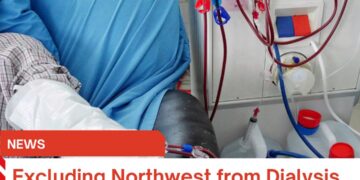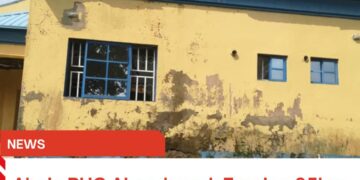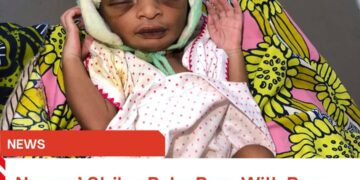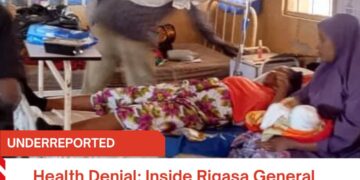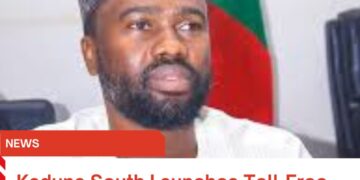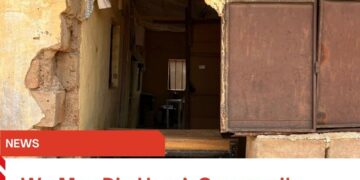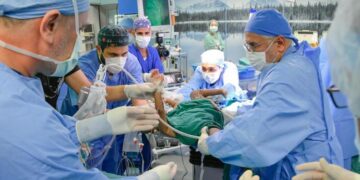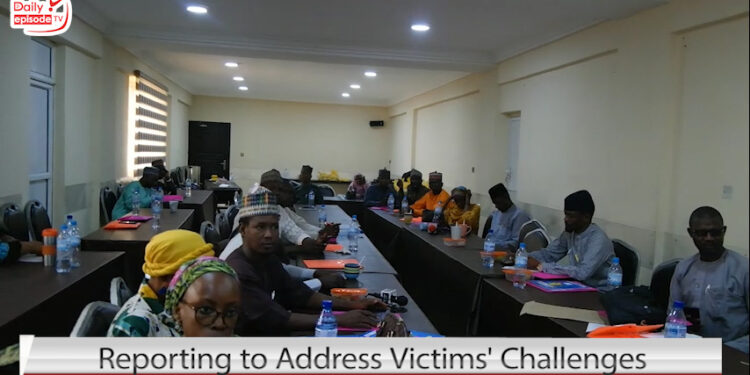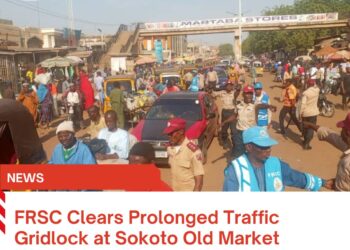Following the rising number of displaced victims of armed conflicts and violence in Nigeria, journalists and media practitioners across the northwest states have been trained on conflicts and humanitarian reporting by the International Committee of the Red Cross (ICRC) in Kano State.
The two-day humanitarian reporting workshop aimed to develop the reporting skills of journalists in identifying challenges and emergencies bedeviling vulnerable people and victims of armed conflicts and violence, domestic and social injustice, as well as those affected by natural and scientific disasters.
However, Daily Episode managing editor Abubakar Ismail Kankara was among the trained journalists, while others from national dailies of both print and broadcast as well as online mediums, including Human Angle, Trust TV, Liberty TV, and Radio, Freedom Radio, FRCN, News Agency of Nigeria, Rima Radio, Vision FM, and many others, were among the participants.
According to the communications officer of the International Committee of the Red Cross (ICRC) in Nigeria, Mr. Robin Waudo, northwestern Nigeria has been experiencing violence for some years now, and the growing number of victims in the region is alarming.
As a result, identifying and providing relief and humanitarian assistance to the most vulnerable affected and displaced victims of both farmer-herder clashes and banditry is one of the ICRC’s primary goals.
Therefore, we understand the media is a tool that helps to identify victims and their plights; for this reason, the ICRC organizes this dialogue and humanitarian reporting workshops to strengthen the relationship between the media and the ICRC to help and rescue victims with ease. He added
While addressing journalists after the workshop, Dr. Bala Muhammad, a lecturer at Bayero University in Kano, charged journalists to invest in reporting the plight of victims instead of criminals.
On the second day of the workshop, Dr. Bala delivered lectures on humanitarian journalism and reporting and cautioned journalists on reporting human-angle stories that address the challenges of society and humans.
According to him, during conflict reporting, journalists should always consider victims before the crime perpetrators because some reports “decorate” criminals instead of addressing the menace that consumes lives and properties daily. He continued
The victims of the Sokoto bus massacre are clear examples of how many journalists and reporters forget the pain and trauma suffered by the victim’s families while reporting the mastermind behind the atrocity, a situation that silences the agony of victims.
Hence, as a journalist, understanding the impact of solutions journalism and positive reporting is a key to building a peaceful life. He added
A participant, Dahiru Ahmed from Liberty TV and Radio, thanked the ICRC for the opportunity and expressed the hope that he and other journalists who participated would adopt the knowledge gained during the workshop in their practice as well as that of their medium.


